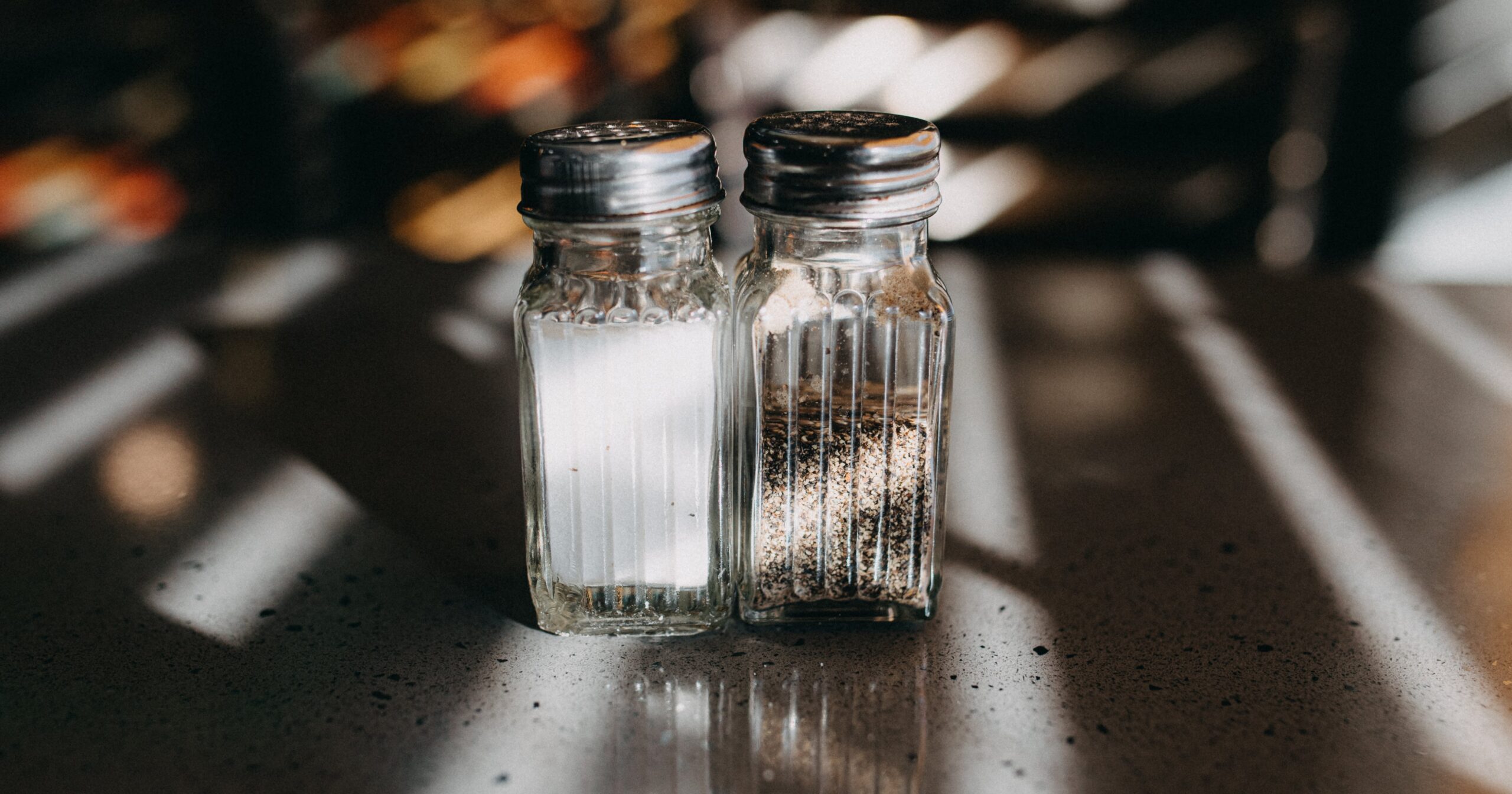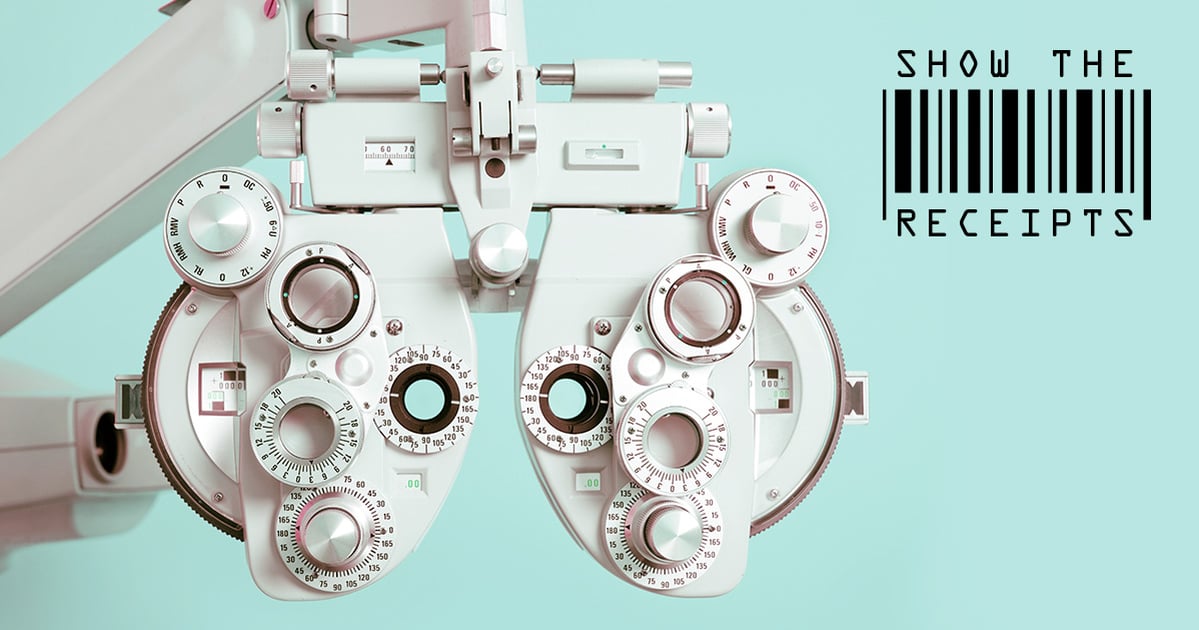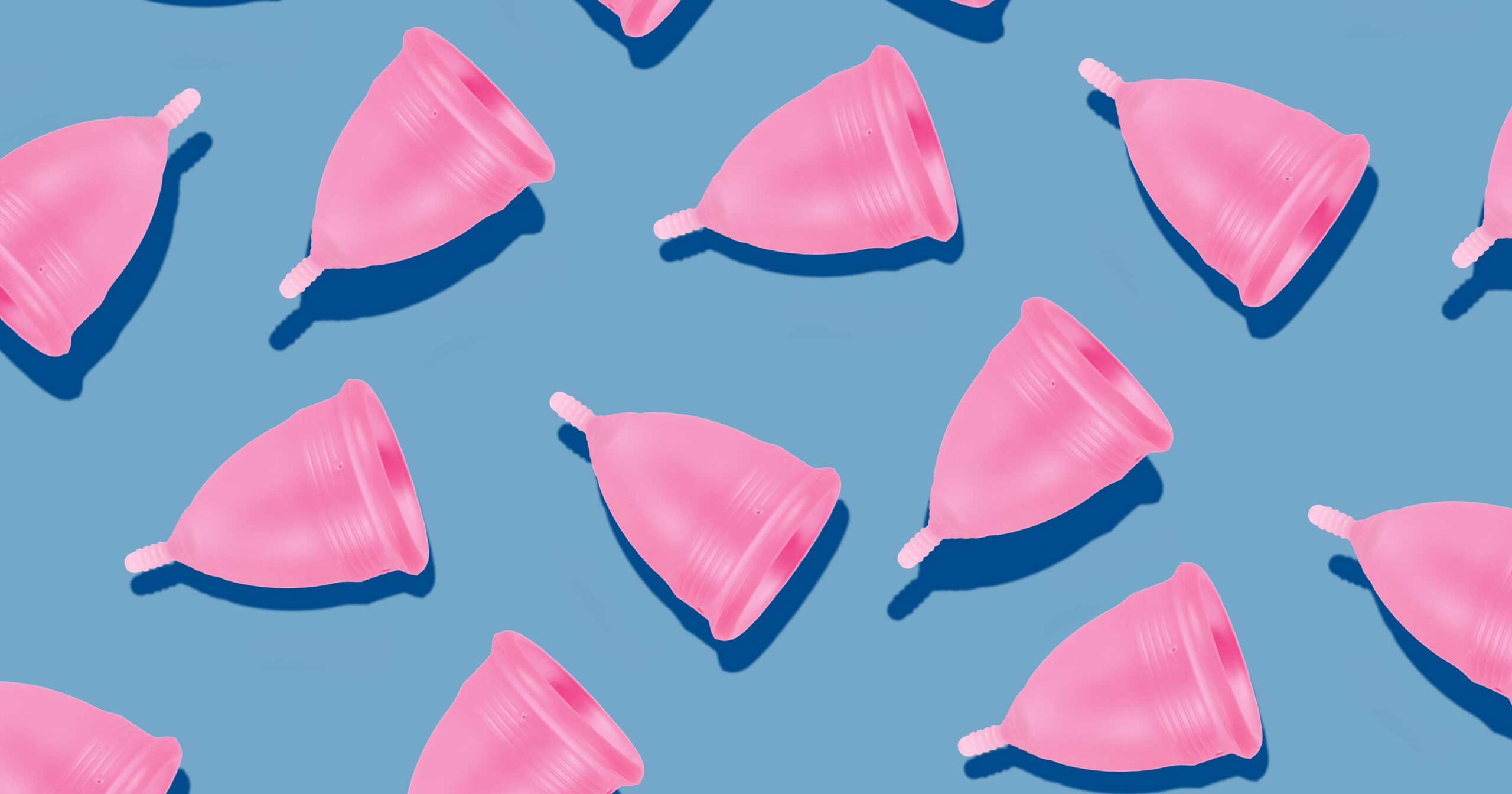A mini Tabasco bottle, a dainty oyster fork, a kitschy drink coaster, and a smooth writing pen. None of these items have much in common, except for the fact they somehow always end up in my bag by the end of the night.
Believe me, I know being a petty thief isn’t something to gloat about or make cool. But if we’re being honest with ourselves – truly honest – I think we can agree that the urge to steal small, mostly useless items when we’re in a hotel, out at a bar, or dining at a restaurant is weirdly universal.
Whether it’s as minor as salt and pepper shakers or as ridiculous as a random traffic cone in the middle of the street, these items have been stolen by you or someone you know. But what is it about these random objects that seem so appealing? Licensed psychologist Lienna Wilson, PsyD, explains below.
Experts Featured in This Article
Lienna Wilson, PsyD, is a clinical psychologist with a private practice in Princeton, NJ.
Why Do I Have the Urge to Steal Small, Useless Items?
You may be craving a thrill. According to Dr. Wilson, engaging in this sort of “risky behavior” activates the sympathetic nervous system (aka your fight-or-flight response). This increases adrenaline production, which ultimately makes stealing feel like an adrenaline rush. But it’s not just adrenaline that’s urging you to steal the restaurant’s toilet paper.
“Another reason is a possible dopamine boost,” Dr. Wilson says. “Our brains usually produce dopamine as a reward, and the act of engaging in something risky and getting away with it can produce a similar level of reward.” (The reward in this case = a tiny shot glass that gets to collect dust in your cabinet.)
But as much as you may think you need that baby Ketchup bottle, the urge to steal is less about the object itself and more about the act of getting away with it, Dr. Wilson says. “When people take small items that they don’t need, it’s typically about getting a dopamine or adrenaline boost versus the need for the object,” she adds.
“When people take small items that they don’t need, it’s typically about getting a dopamine or adrenaline boost versus the need for the object.”
That’s why you probably know better than to steal something with more monetary value. There’s nothing fun about walking out with a $300 bottle of wine, because the risk heavily outweighs the reward. But when you pocket items that feel silly and lower stakes, it feels like fair game. “Even though the object may have no monetary value or be unusable, the object is usually valuable because it represents a trophy of not getting caught,” adds Dr. Wilson.
That said, stealing is stealing, regardless of how expensive or not the item is. And while the occasional petty theft may seem like a fun behavior, if it’s habitual, there may be a bigger problem to address. “If a person has consciously tried to resist but is unable to stop themselves from engaging in petty theft, they should consider speaking with a mental health professional about possibly having an impulse control disorder,” Dr. Wilson advises.
At the end of the day, most of these “trophies” from the night will end up shoved in a junk drawer or tossed in the trash months later. So while you might think you need to pocket a pile of those Chipotle forks again, maybe get an adrenaline rush from your closest amusement park instead.
Taylor Andrews is the senior balance editor at Popsugar, specializing in topics relating to sex, relationships, dating, sexual health, mental health, travel, and more. With eight years of editorial experience, Taylor has a strong background in content creation and storytelling. Prior to joining PS in 2021, she worked at Cosmopolitan.




